The 15 Foods You Should Be Eating Every Single Day and Why?
Introduction

In today’s fast-paced world, maintaining a healthy diet can be challenging. With so many options available, it’s easy to get overwhelmed and make poor food choices. However, there are certain foods that provide numerous health benefits and should be included in your daily diet. In this article, we will discuss the 15 foods you should be eating every single day and the reasons behind their importance.
- Blueberries:
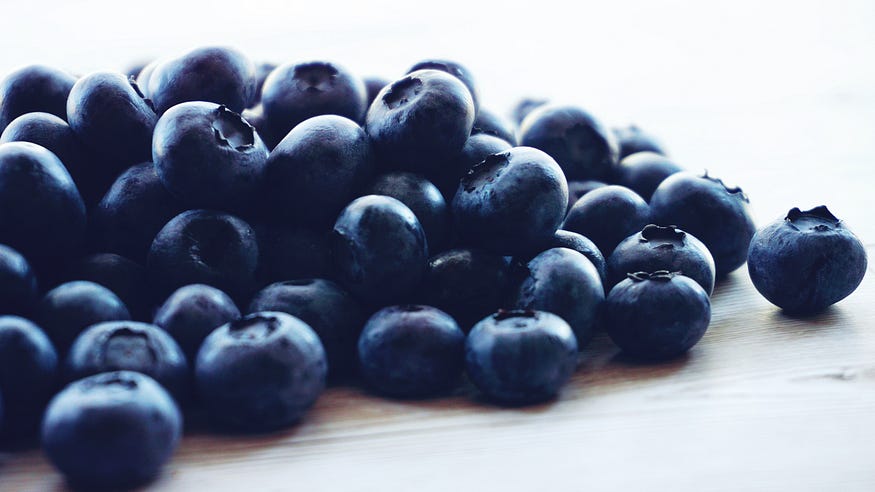
Blueberries are packed with antioxidants that help fight off harmful free radicals in the body. They are also a great source of fiber, vitamin C, and vitamin K. Including blueberries in your diet can improve brain health and promote a healthy heart.
2. Salmon:

Salmon is an excellent source of omega-3 fatty acids essential for brain health and reducing the risk of heart disease. It is also rich in protein and vitamin D. Consuming salmon regularly can improve cognitive function and support overall well-being.
3. Spinach:

Spinach is a leafy green vegetable that is loaded with nutrients. It is an excellent source of vitamins A, C, and K, as well as iron and calcium. Incorporating spinach into your meals can strengthen your immune system and improve bone health.
4. Quinoa:
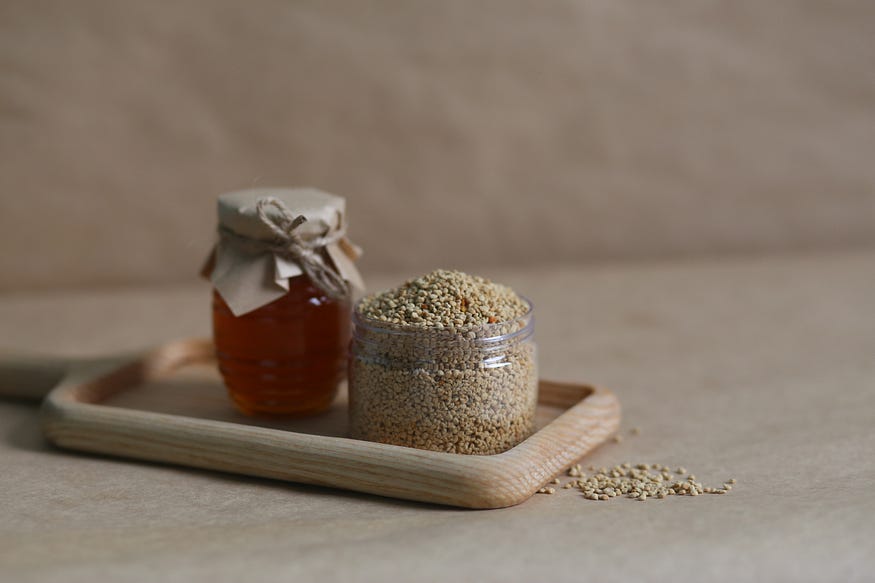
Quinoa is a grain-like seed that is gluten-free and highly nutritious. It is a complete protein, containing all essential amino acids. Quinoa is also rich in fiber, iron, magnesium, and B vitamins. Adding quinoa to your diet can aid in weight management and provide sustained energy throughout the day.
5. Avocado:

Avocado is a unique fruit high in healthy fats, particularly monounsaturated fats. It is also a good source of fiber, vitamins K and E, and potassium. Consuming avocados regularly can improve heart health and support healthy skin.
6. Almonds:
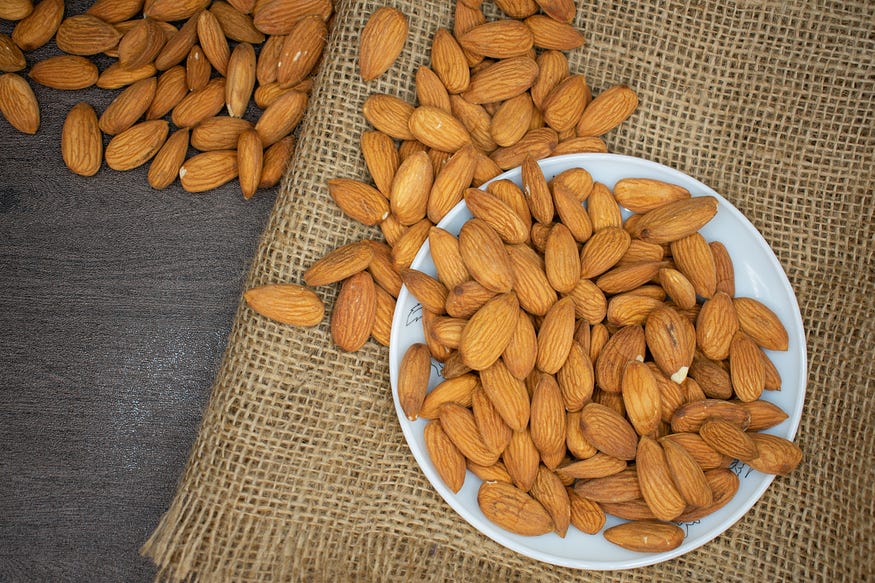
Almonds are packed with nutrients such as protein, fiber, vitamin E, and healthy fats. They make for a convenient and satisfying snack option. Including almonds in your diet can help lower cholesterol levels and reduce the risk of heart disease.
7. Greek Yogurt:

Greek yogurt is a creamy and protein-rich dairy product. It is an excellent source of calcium, probiotics, and vitamins B12 and D. Consuming Greek yogurt regularly can promote gut health and support a strong immune system.
8. Kale:

Kale is another nutrient-dense leafy green vegetable that is highly beneficial for overall health. It is rich in vitamins A, C, and K, as well as calcium and antioxidants. Adding kale to your diet can boost your immune system and improve digestion.
9. Sweet Potatoes:

Sweet potatoes are a delicious and nutritious root vegetable. They are high in fiber, vitamins A and C, and potassium. Consuming sweet potatoes can help regulate blood sugar levels and support healthy vision.
10. Oats:
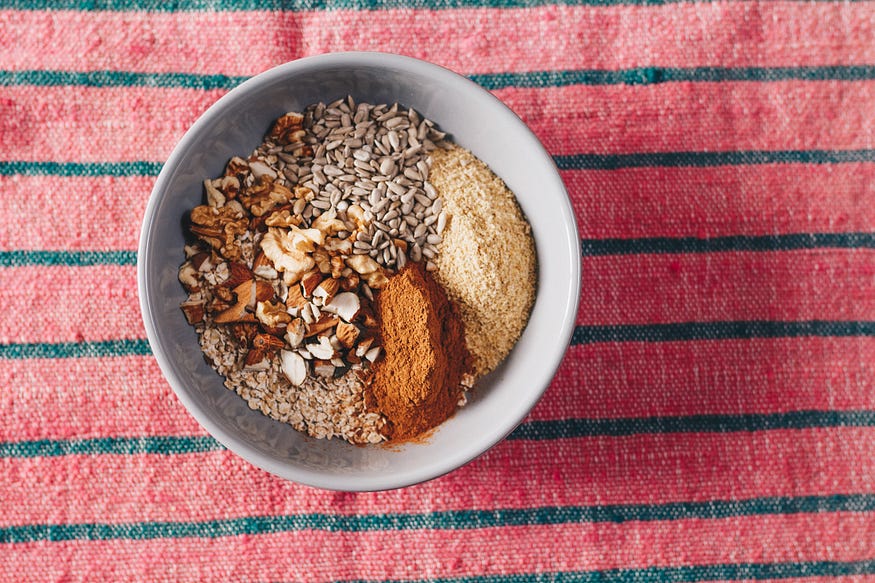
Oats are whole grain that is packed with fiber, vitamins, and minerals. They are also a great source of antioxidants. Incorporating oats into your diet can improve digestive health and help lower cholesterol levels.
11. Broccoli:

Broccoli is a cruciferous vegetable that is rich in vitamins A, C, and K, as well as fiber and antioxidants. It has numerous health benefits, including boosting immunity and promoting healthy digestion.
12. Oranges:

Oranges are citrus fruit that is loaded with vitamin C. They also contain fiber and antioxidants. Including oranges in your diet can support a healthy immune system and improve skin health.
13. Tomatoes:

Tomatoes are rich in lycopene, an antioxidant that has been linked to a reduced risk of certain types of cancer. They are also a good source of vitamins A and C. Consuming tomatoes regularly can promote heart health and protect against oxidative stress.
14. Chia Seeds:
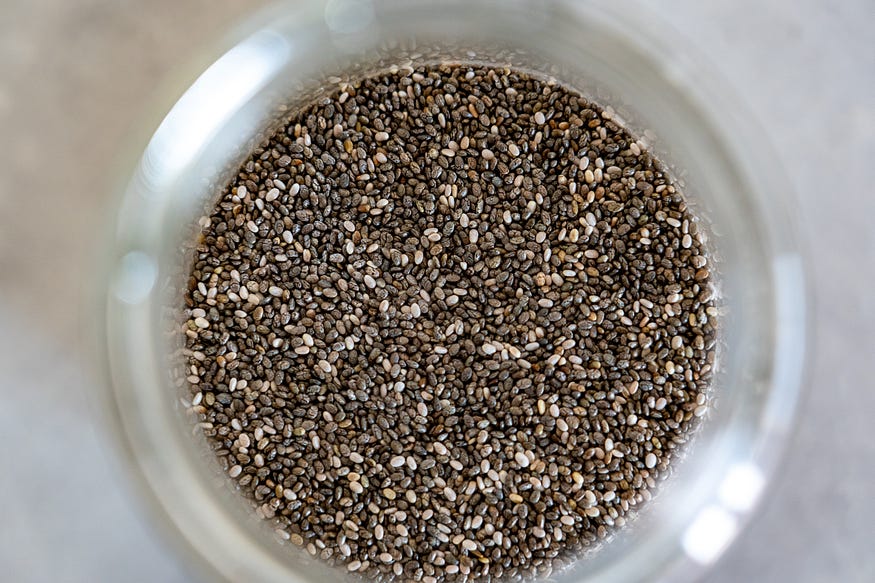
Chia seeds are tiny powerhouses of nutrition. They are rich in fiber, protein, omega-3 fatty acids, and antioxidants. Adding chia seeds to your diet can promote healthy digestion and provide a sustained energy boost.
15. Green Tea:

Green tea is a beverage that is known for its high concentration of antioxidants, particularly catechins. It also contains caffeine, which can provide a mild energy boost. Consuming green tea regularly can aid in weight management and promote cardiovascular health.
Frequently Asked Questions (FAQs)
Q: How many blueberries should I eat each day?
A: It is recommended to consume at least one cup of blueberries daily to reap their health benefits. You can enjoy them fresh, frozen, or in smoothies.
Q: Can I replace salmon with other types of fish?
A: While salmon is an excellent source of omega-3 fatty acids, you can include other fatty fish like mackerel, sardines, or trout in your diet to obtain similar health benefits.
Q: How can I incorporate spinach into my meals if I’m not a fan of salads?
A: Spinach can be added to smoothies, omelets, soups, or sautéed as a side dish. You can also use it as a base for sandwiches or wraps instead of lettuce.
Q: Are avocados high in calories?
A: Avocados are relatively high in calories due to their healthy fat content. However, the monounsaturated fats they contain are beneficial for heart health. Moderation is key when consuming avocados.
Q: Can I consume roasted almonds instead of raw almonds?
A: While raw almonds are the healthiest option, roasted almonds can still provide some nutritional benefits. Just be cautious of added oils or excess salt in commercially roasted almonds.
Q: Is Greek yogurt suitable for lactose-intolerant individuals?
A: Greek yogurt is typically lower in lactose than regular yogurt. Some individuals with lactose intolerance find it easier to digest. However, it is best to choose lactose-free options if you have severe lactose intolerance.
Conclusion
Incorporating the 15 foods mentioned above into your daily diet can have a significant impact on your overall health and well-being. These foods provide essential nutrients, antioxidants, and health benefits that contribute to a healthy lifestyle. Remember to consult with a healthcare professional or nutritionist before making any significant changes to your diet.


Comments
Post a Comment